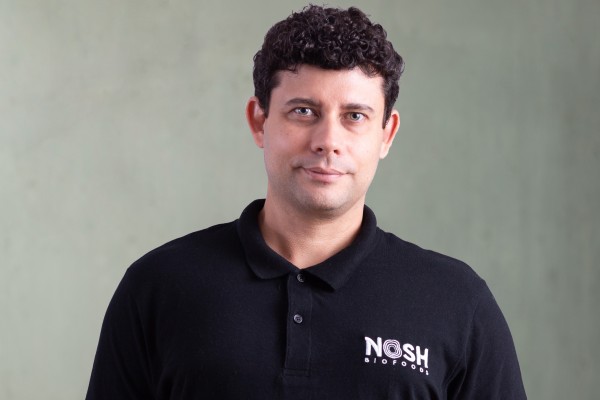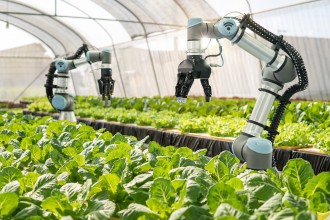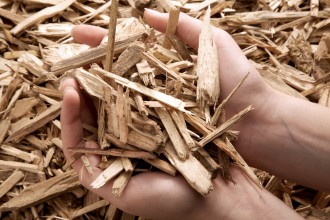-
7.About Felipe
Felipe's Expertise in Microbiology and Biotechnology
Felipe, could you briefly describe your relationship with microbial biomass?
"I have been involved in applied microbiology and biotechnology for more than 15 years, working on everything from large scale bioethanol fermentations to novel probiotics. Since 2020, my focus has shifted towards microbial biomass utilization, particularly aimed at forging sustainable food solutions,” shares Felipe. His experience includes upcycling spent yeast biomass from breweries at AB-InBev and leveraging microbial biodiversity at Nosh.bio to create unique ingredients for the food industry.
The Definition and Applications of Microbial Biomass
What exactly is microbial biomass, and where can it be applied?
Describing microbial biomass, Felipe points out, "Microbial biomass can be understood as the result of mass-producing microbes through fermentation, utilized directly or in purified forms across various industries." He elaborates that its applications are broad, "encompassing sectors such as food and beverages, feed, materials, and textiles."
Why We Should Focus on Microbial Biomass
Why should we focus on using microbial biomass?
Highlighting the sustainability and economic viability, Felipe explains, "Microbial biomass presents an opportunity to develop solutions that are both more environmentally friendly and resource-efficient." He further illustrates the economic benefits, "Additionally, it allows for the utilization of inexpensive feedstocks like wheat straw and sugar beet pulp, offering a cost-effective solution."
Opportunities and Risks Associated with Microbial Biomass
Could you speak about the opportunities and risks associated with microbial biomass?
According to Felipe, microbial biomass holds transformative potential that could revolutionize traditional industries by making them more sustainable and resource-efficient. However, he warns, "Selecting microbial strains that are safe for both people and the environment is crucial." He emphasizes the need for diligent management of environmental impacts and resource demands.
Technological Developments in Edible Microbial Biomasses
Which technological developments could influence edible microbial biomasses?
"The development of more robust fermentation processes and microbial strains is key," Felipe asserts. He contends that such advancements "can simplify designs and enable the use of low-cost feedstocks, helping to achieve competitively priced products at the necessary scale."
The Future Role of Microbial Biomass
Looking ahead, where do you see microbial biomass playing a significant role?
Expressing optimism about the future, Felipe, the founder of Nosh.Bio GmbH, foresees microbial biomass expanding into new areas like energy generation, carbon capture, water treatment, and soil cleanup. "This technology is pivotal for ensuring a sustainable future,” he concludes, emphasizing its potential to transcend traditional industry boundaries.
Through Felipe Lino's insights, it's clear that microbial biomass is not just a scientific curiosity but a viable solution poised to foster environmental and economic sustainability across diverse sectors. As technology evolves, the applications of microbial biomass are expected to grow, paving the way for a greener tomorrow.
About Felipe
• Doctor of Philosophy, Industrial Biotechnology at DTU (2016-2019)
• Global R&D Project Manager - Biotechnology & Bio-Ingredients (2020-2021)
• Entrepreneur in Residence | Cofounder at StealthCo (2022)
• CTO and Co-founder Nosh.bio GmbH (2022)
CTO and Co-Founder of Nosh.Bio GmbH
• Scientist with more than 15 years of scientific training
• Specialized in Industrial Microbiology, Fermentation Technology, Agro-Industry, Enzyme Technology and Microbial Physiology
• Coordinated pilot and industrial-scale trials
• 4 years of industrial experience
Quickscout
Looking for suitable
technology providers?
Start scouting!





